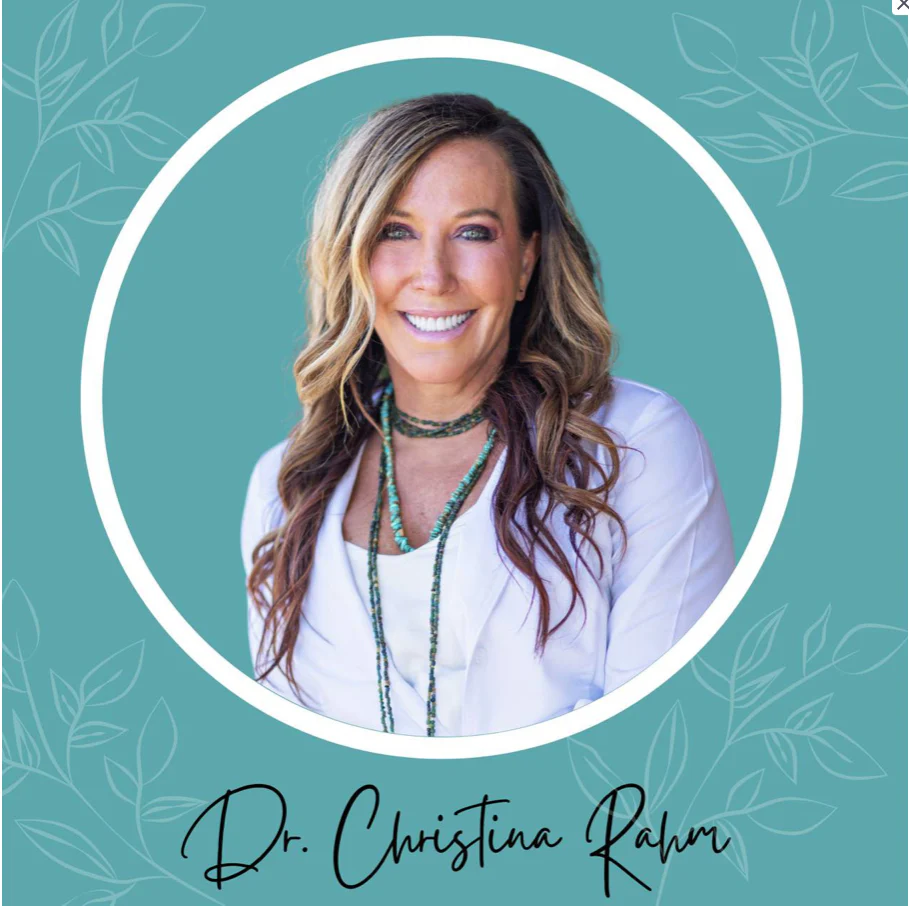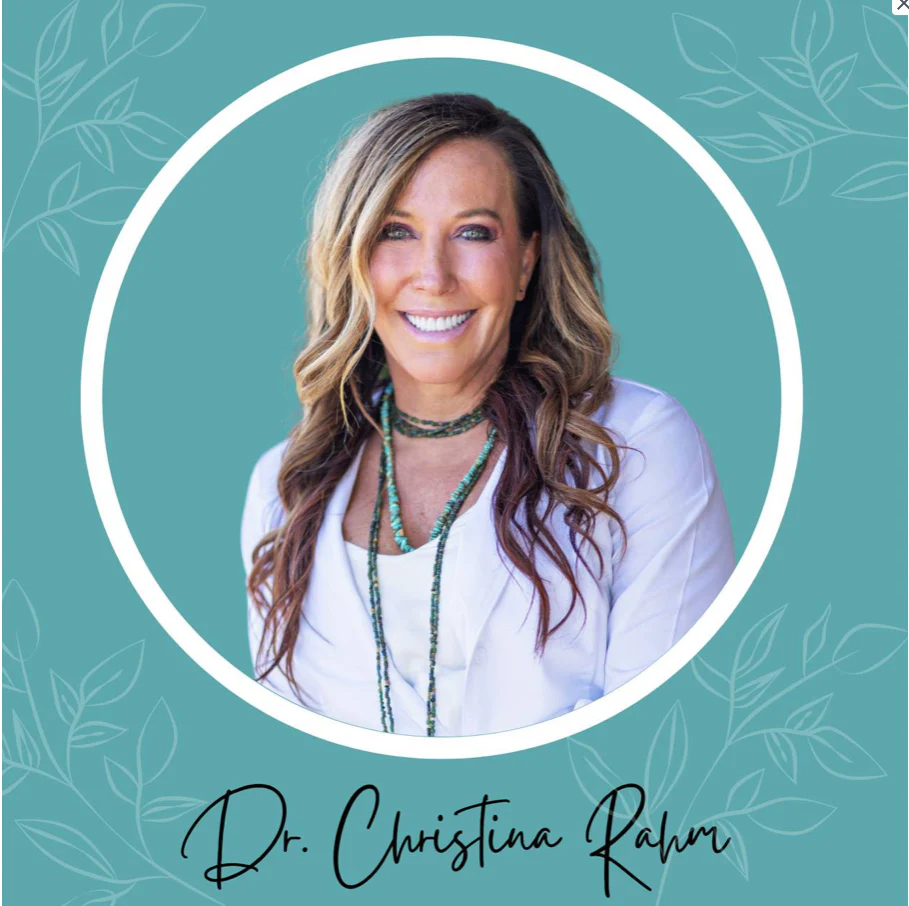
ROOT weekly report by Dr. Christina Rahm - Good Food
The autumn is here!
This is the time of year when we need to be even more careful about what we eat! Summer wasn't that long ago.
Speaking of food and what we eat. It seems strange that even though we are aware of the health risks of eating too much processed food, we all too easily reach for a bag of salty chips instead of an apple when we want a snack. Many of the foods that tempt us most, such as chocolate, pizza, ice cream, French fries, cookies and chips, are highly processed, high in fat, sugar or salt and low in fiber - the exact opposite of the foods that classified as "least addictive", such as leafy greens or egg whites.
Unhealthy foods are often more accessible and convenient than healthy foods. They are usually cheaper and easier to find. And let's be honest, they taste damn good too. Processed foods are designed to be addictive. How could it be otherwise? They're high in sugar, salt, and fat - all things our bodies crave. When we eat these foods, our brain releases dopamine, which gives us a feeling of joy. But only for a short time. After we finish eating, the food settles and the body experiences less pleasant symptoms.
When you eat unhealthy foods, a number of things can happen to your body. For one thing, you may gain weight. Unhealthy foods tend to be high in calories and fat, which can lead to weight gain over time. You may also experience some form of fatigue or loss of energy... I know if I eat junk food for a day I have no energy, little to no motivation to do anything, and lose some brain power.
Certain emotions, such as stress, sadness, and boredom, can also trigger food cravings. While some cravings are simply the brain telling you it needs more energy, others can be related to specific emotions. For example, when you're feeling low, you might crave comfort foods like chocolate or carbohydrates. That's because these foods can release serotonin, a feel-good chemical in the brain.
Relive Greens by ROOT, packed with fiber, probiotics and greens, can be a solution to satisfy your cravings. Fiber-rich vegetables like kale and spinach can help curb cravings by keeping you feeling full for longer. Probiotics like Bacillus coagulans can help regulate appetite by promoting a healthy balance of gut bacteria. Studies have shown that there is a close connection between the balance of bacteria in our gut and our food cravings, with certain bacteria can trigger cravings for sweet or fatty foods.
By eating leafy greens regularly, you can help restore balance to the gut microbiome and prevent cravings for unhealthy foods. This can be particularly helpful for people struggling with problems such as obesity or type 2 diabetes, which are often associated with unhealthy eating habits triggered by cravings for foods high in sugar or fat.
When it comes to stress or boredom eating, this is where ROOT'S Zero-In can come into play. An important mechanism through which nootropics may help reduce unhealthy eating habits is by improving self-control and regulating emotions. Studies have shown that people who take nootropic supplements are better able to resist temptation and control their impulses, both of which can help prevent overeating in response to emotional triggers. Serotonin and dopamine are known to be involved in regulating eating behavior.
Other ways to curb cravings include regular exercise, getting plenty of rest, not eating after a certain time in the evening, and even mindfulness or a form of meditation can help. Remember: It's never too late to develop healthy eating habits. No matter your age, you can always benefit from making healthier choices when it comes to the foods you eat. A healthy diet can help improve your overall health and well-being and even prevent certain chronic diseases.
With light and love,
Dr. Christina Rahm








